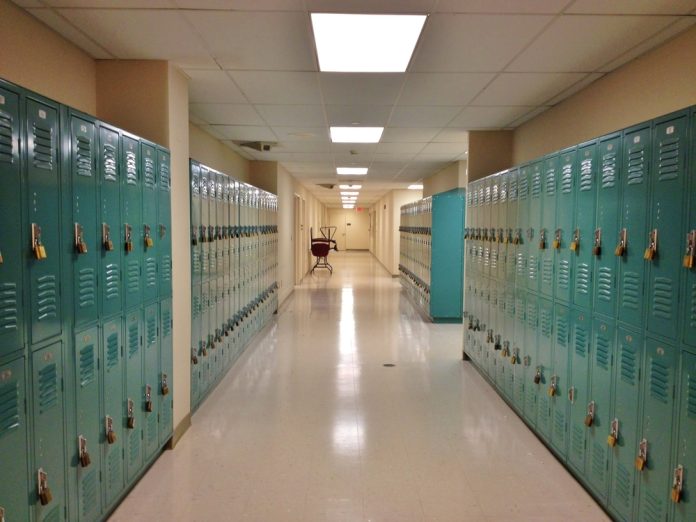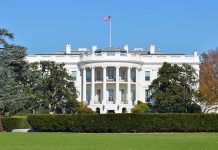
(ConservativeInsider.org) – Several states have reignited a contentious discussion over legislation allowing spiritual chaplains in public schools. Proponents, mainly conservative lawmakers, argue that chaplains can help address the youth mental health crisis and reinforce school values. However, opponents, including interfaith organizations and some chaplains themselves, raise concerns about potential religious coercion and the separation of church and state.
The crux of the issue lies in the role of chaplains within public schools. Supporters, such as Texas Senator John Johnson, view chaplains as a means to address declining morals and provide spiritual guidance to students who may not have access to religious institutions. The National School Chaplain Association (NSCA), a Christian ministry crucial in passing Texas’ chaplaincy law, emphasizes chaplains’ ability to offer “holistic care” regardless of faith.
Critics, like Maureen O’Leary from the Interfaith Alliance, argue that introducing a religious authority figure into schools creates potential problems. They express concerns about unclear boundaries and the risk of proselytizing, particularly to vulnerable students. O’Leary and others stress the importance of public schools as “neutral spaces” where students can freely explore their identities.
This issue further complicates the longstanding national debate on the separation of church and state. Public schools have been prohibited from leading prayers since a 1962 Supreme Court ruling. While recent rulings have favored religious expression, the introduction of chaplains raises concerns about the unequal treatment of faiths and potential pressure on religious minorities.
The state of Texas serves as a test case in this matter. Despite the 2023 law allowing chaplains, central districts like Houston and Dallas have opted out, citing ambiguity regarding roles and potential proselytizing. In contrast, Florida’s bill awaits the Governor’s signature, with parental consent mandated for chaplain services. Other states, such as Indiana, are grappling with defining the line between secular and non-secular services.
The lack of uniformity in chaplaincy adds complexity to the issue. Traditionally serving outside congregations, chaplains today hold roles in diverse settings. Training also varies widely, with some relying solely on seminary or ministry experience while others require clinical pastoral education to handle sensitive situations.
Eric Johnson, director of spiritual care at a hospital system, underscores the importance of this training – it equips chaplains to serve patients facing existential crises with empathy and without religious bias.
Copyright 2024, ConservativeInsider.org













